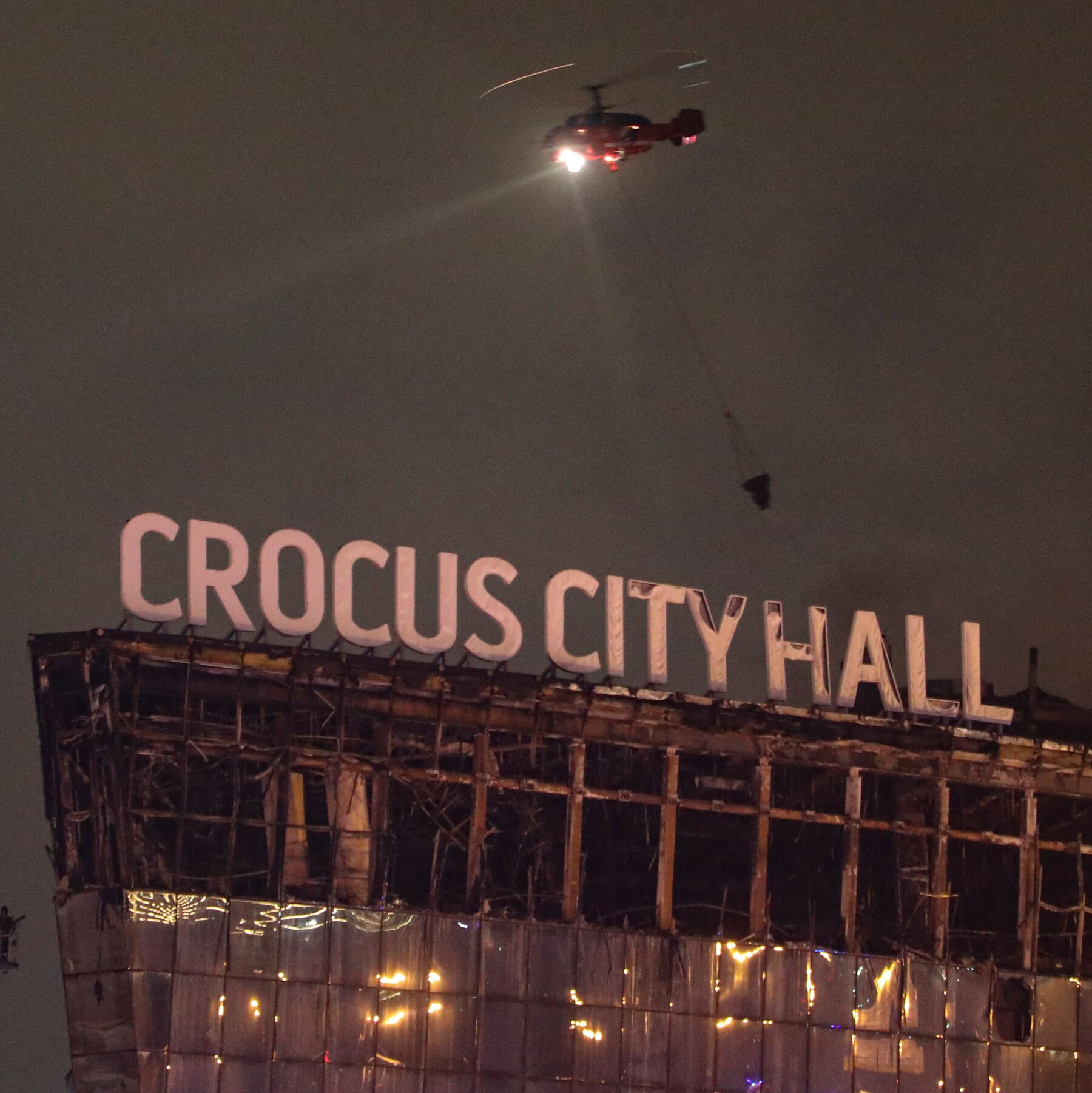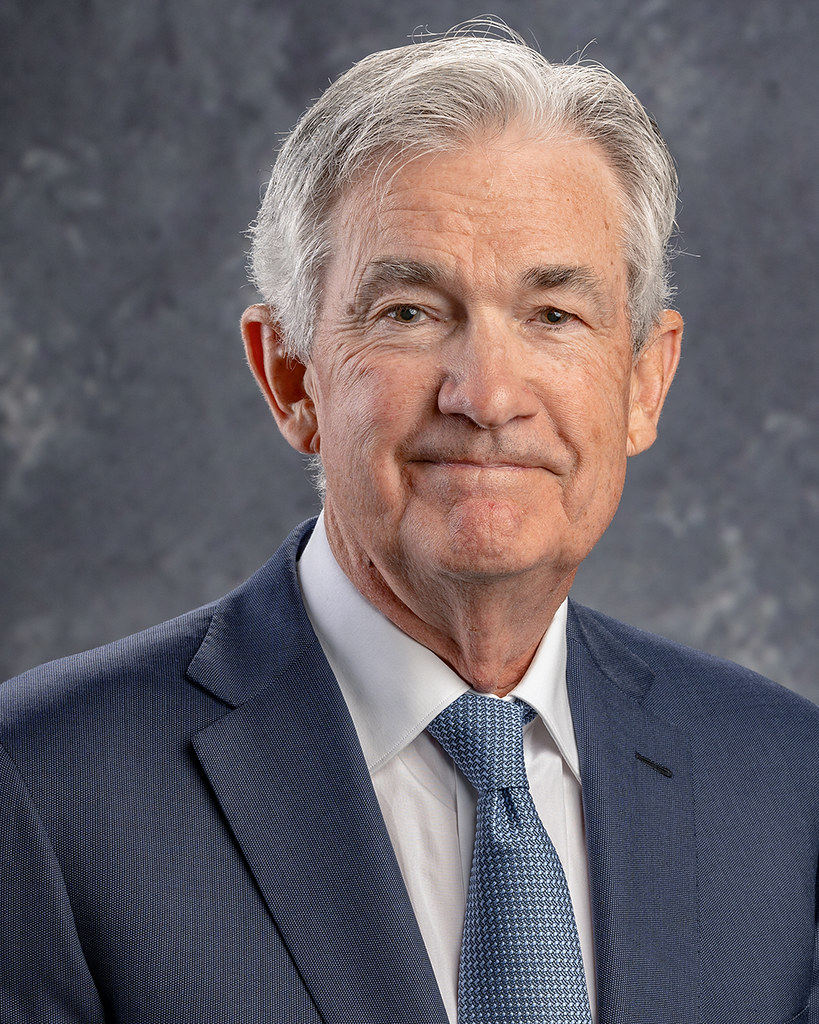In a devastating turn of events, gunmen unleashed terror on a Moscow concert hall, leaving at least 60 dead and over 100 injured in an attack that has shaken Russia and drawn global condemnation. The Islamic State group, through an affiliated news agency, claimed responsibility for the carnage that unfolded at Crocus City Hall, a popular venue in the Russian capital’s suburbs.
The attack, which occurred on a cold evening as music enthusiasts lined up for a concert, was met with horror and disbelief. The New York Times verified multiple videos showing the assailants entering the venue and firing indiscriminately, while others captured the chaos and the bloodied aftermath.
As the night progressed, the situation escalated with reports of the building’s roof collapsing and emergency services struggling to contain the blaze. The Russian national guard was deployed, scouring the complex for the attackers and aiding in the evacuation efforts. The health minister, Mikhail Murashko, confirmed the hospitalization of 115 individuals, including children, with many in serious condition.
The Russian leader, Vladimir V. Putin, refrained from an immediate direct statement, instead expressing through a deputy prime minister his hopes for the recovery of the injured and gratitude towards the medical personnel.
The U.S. security officials, speaking under anonymity, linked the attack to the Islamic State in Khorasan, a faction active in the region encompassing Pakistan, Afghanistan, and Iran. This connection was further substantiated by a security alert from the U.S. Embassy in Moscow earlier in March, warning of potential extremist attacks.
The assault has sparked a wave of responses, with world leaders and figures expressing their condolences and denouncing the violence. The United Nations Secretary-General and the French President were among those voicing their shock and solidarity.
This tragedy is not an isolated incident in Russia’s recent history of violence. It echoes past attacks, such as the 2011 Domodedovo Airport bombing and the 2004 Moscow theater siege, underscoring the persistent threat of terrorism the country faces.
The search for answers and justice commences as Russia enhances security and the world observes in concern. The assault, a stark reminder of the vulnerability of peace, has plunged a nation into grief and brought the global community together in its determination against terrorism.
Related posts:
Russian authorities say at least 60 killed in Moscow concert hall attack
Russia says 60 dead, 145 injured in concert hall raid; Islamic State group claims responsibility





